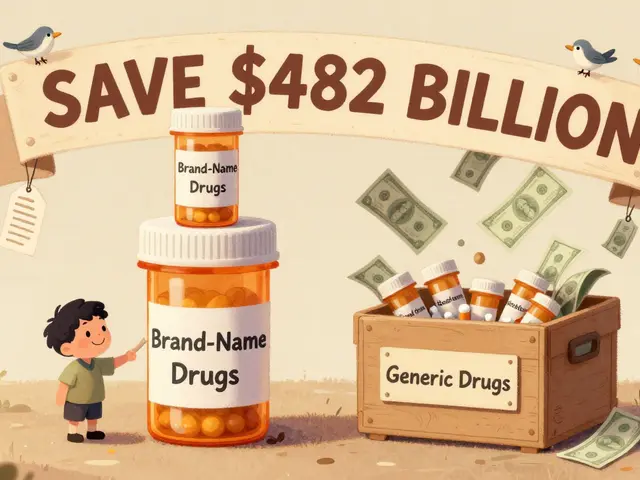
Clinical Trials – Your Quick Guide to Study Updates
If you’re curious about new medicines or wonder why a drug works the way it does, clinical trials are where the answers start. They’re controlled studies that test safety and effectiveness before anything reaches your pharmacy shelf.
Trials run in four phases. Phase 1 checks basic safety with a small group of healthy volunteers. Phase 2 expands to people who have the condition the drug targets, looking for early signs it works. Phase 3 involves hundreds or thousands of patients to confirm benefits and catch rare side effects. Finally, Phase 4 watches the drug after approval, spotting long‑term issues.
How Clinical Trials Work
Every trial follows a strict protocol approved by ethics boards and regulators. Participants give informed consent, meaning they know what’s involved and can quit any time. Randomization and blinding help keep bias out of the results, so you get trustworthy data.
The data collected includes lab tests, symptom scores, and quality‑of‑life surveys. Researchers analyze this information to see if the new treatment is better than existing options or a placebo. If the numbers look good, the sponsor files for market approval.
Using the Tag Page Effectively
The Clinical Trials tag on HappyHead gathers every article that mentions study results, trial updates, or research breakthroughs. When you land on this page, you’ll see a list of recent posts with clear titles and short summaries.
To make the most of it, start by scanning headlines for drugs or conditions you care about. Click a post to read its key findings, side‑effect data, and any practical tips for patients. Each article also links to official sources like ClinicalTrials.gov or peer‑reviewed journals so you can verify details.
Looking for something specific? Use the browser’s find function (Ctrl + F) and type a drug name or disease. That’ll jump you straight to the relevant post without scrolling through everything.
If you’re considering joining a trial, the tag page often points out enrollment sites and eligibility criteria. Remember, only reputable centers should be trusted—look for IRB approval numbers and clear contact information.
Why does staying updated matter? New trial data can change treatment guidelines overnight. A drug that seemed risky last year might have proven safe now, or vice versa. Keeping an eye on the tag helps you discuss the latest options with your doctor.
HappyHead also flags articles that include potential conflicts of interest, so you know when a study sponsor might influence results. Transparency builds confidence in the information you read.
In short, think of the Clinical Trials tag as your personal research hub. It saves time, cuts through hype, and gives you reliable facts to talk about with healthcare professionals.
Got questions after reading an article? Use the comment section or contact us directly—our team loves helping readers understand complex study data in plain language.
-
8 Nov





